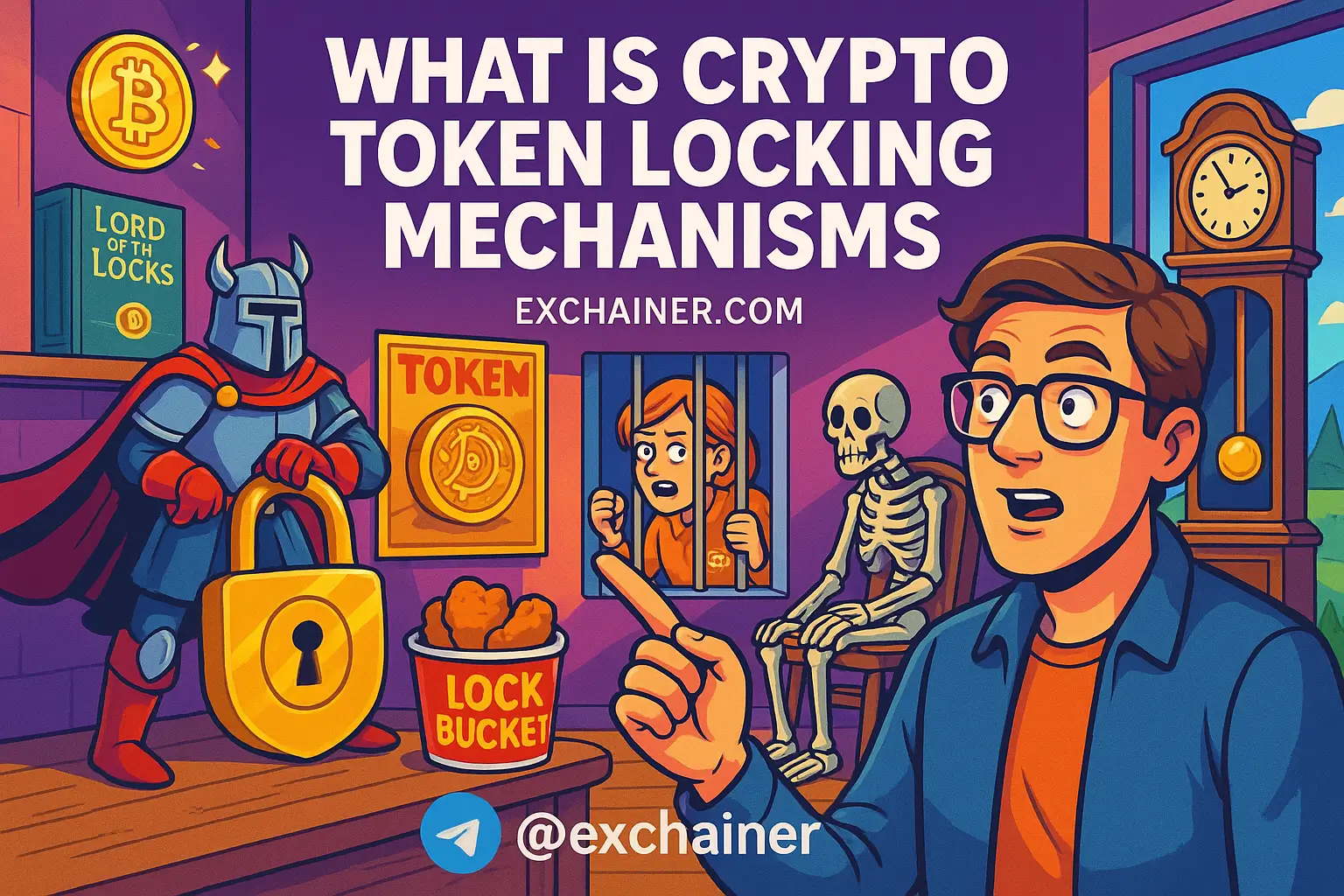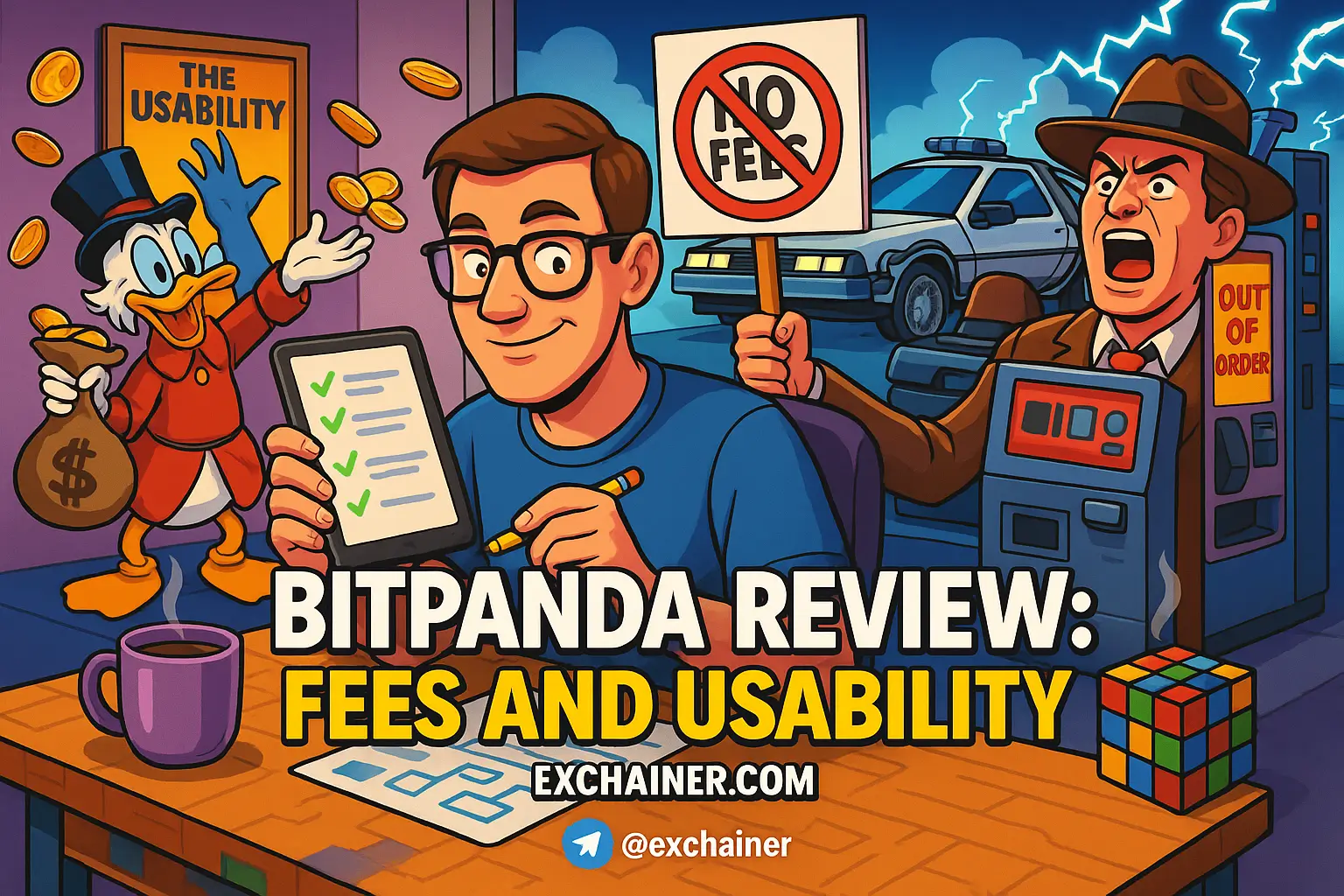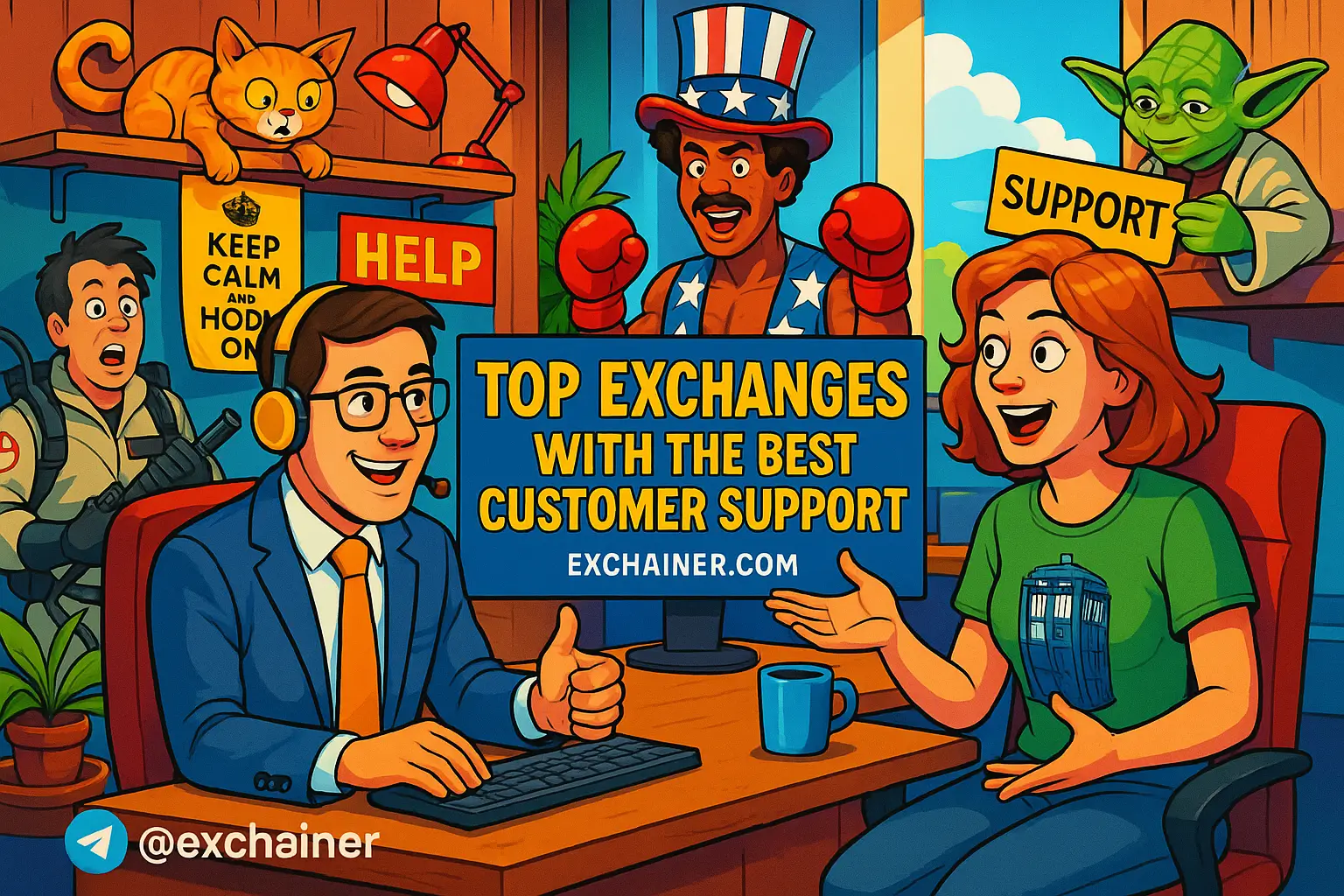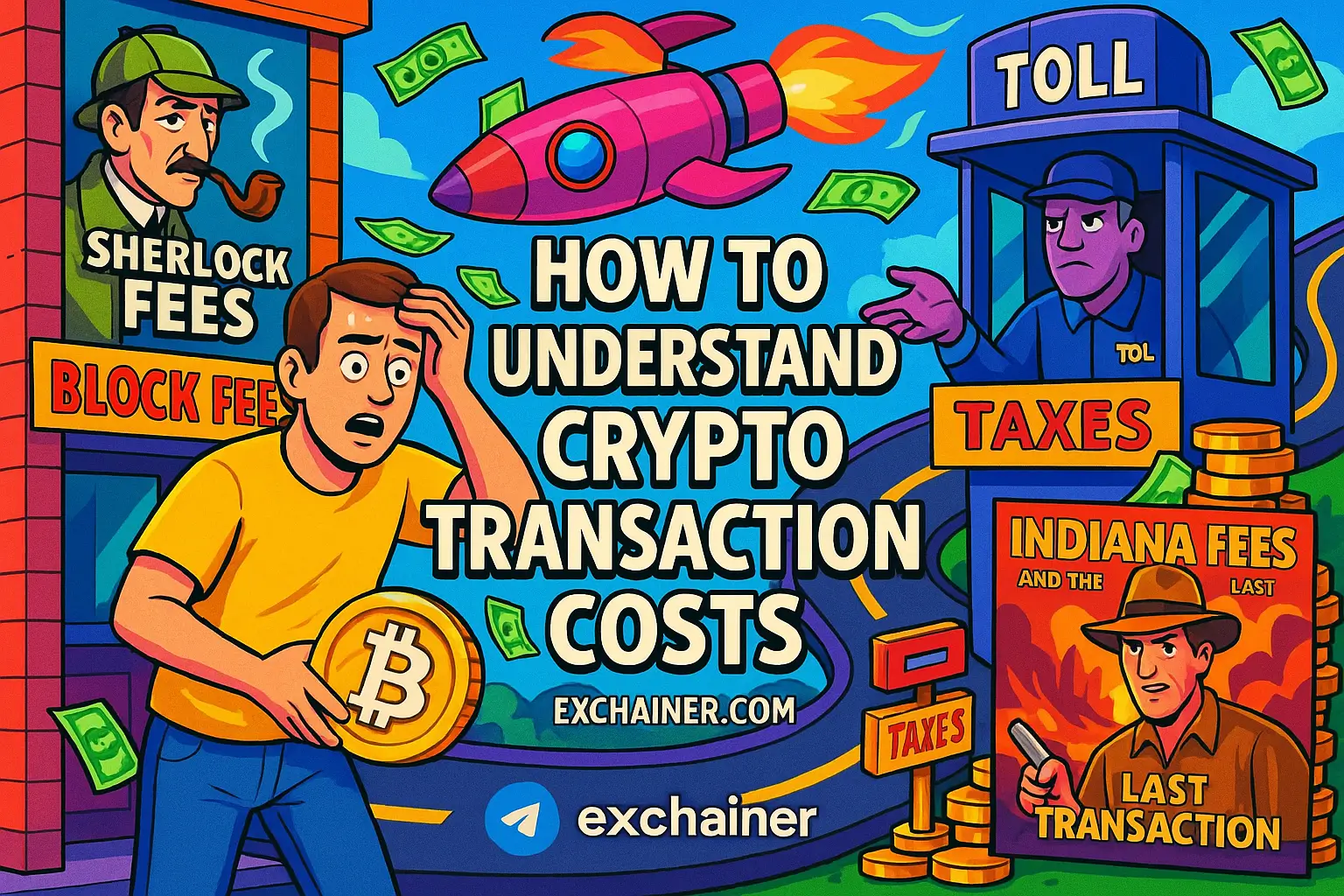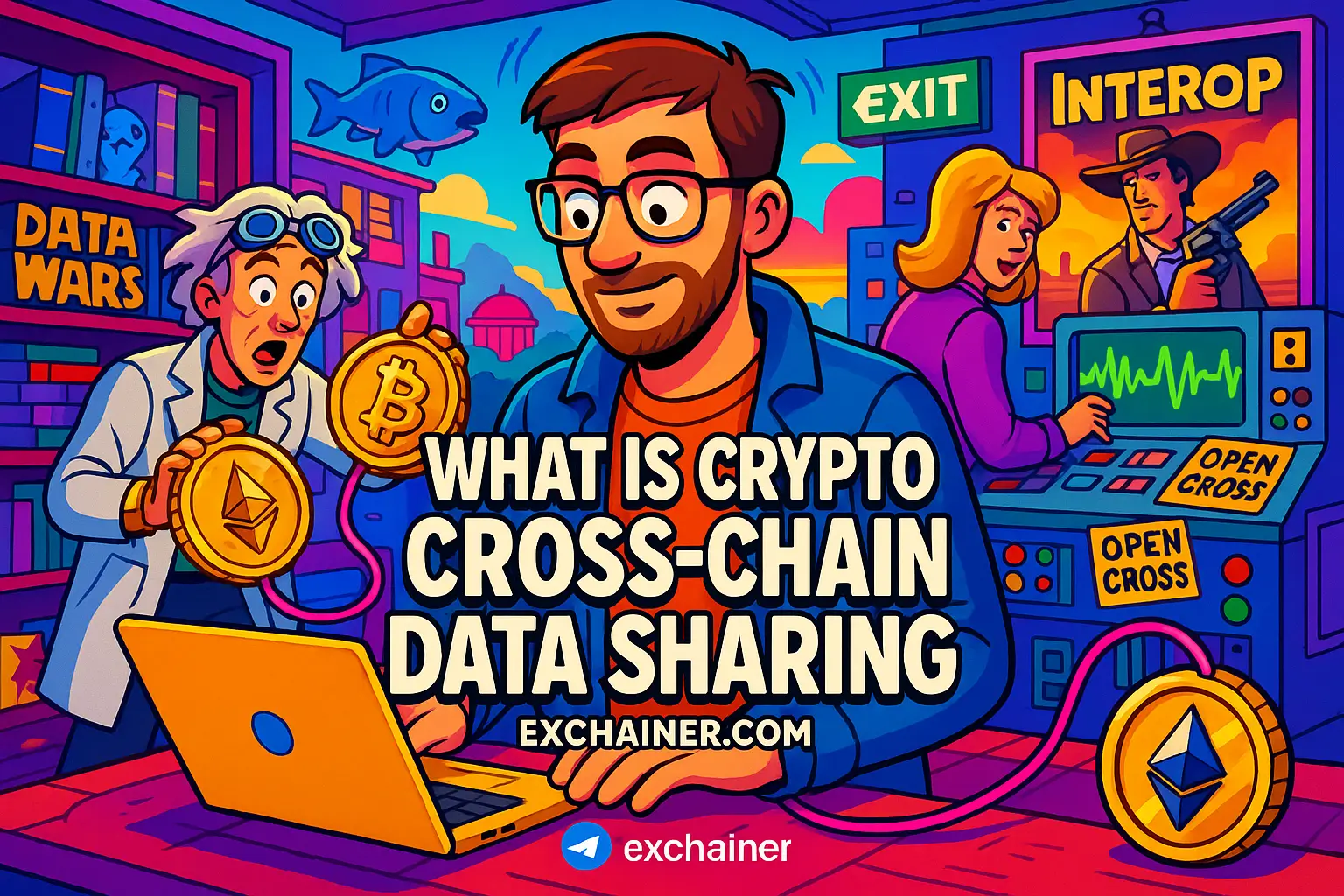In the world of digital assets, one term that frequently surfaces is crypto token. But what exactly is a crypto token, and why should it matter to you? Understanding the basics of crypto tokens can be a significant stepping stone for anyone looking to dive into the fascinating realm of cryptocurrency and blockchain technology. Whether you're a curious beginner or an intermediate user, grasping this concept is vital as it lays the foundation for further exploration into the diverse landscape of digital currency and trading.
Crypto tokens serve as a bridge between the blockchain system and real-world applications. They can represent various assets, functionalities, and enable different interactions within the blockchain ecosystem. These tokens are not just digital currency; they can embody ownership, access rights, and even unique digital collectibles. Learning about crypto tokens can empower you to make informed decisions whether you're investing, creating, or using these digital assets.
Ready to unravel the mystery behind crypto tokens? Let’s dive deep into their nature, characteristics, and how they function within the evolving world of digital technology. Along the way, we'll explore different types of tokens, how they are created and utilized, their benefits and risks, and practical tips that might help you in your crypto journey.
What Are Crypto Tokens?
At its core, a crypto token is a unit of value that is issued on a blockchain. Unlike cryptocurrencies like Bitcoin or Ethereum, which operate on their own native blockchains, crypto tokens are built atop existing blockchain platforms. This allows them to leverage the security and technology of those networks.
Think of crypto tokens as digital assets that serve a particular function. They can be used for various purposes, including representing assets, facilitating transactions, or granting access to certain services within a blockchain ecosystem. Understanding this distinction is crucial as it opens up a world of possibilities for users and developers alike.
Example: Imagine a digital game where players can purchase unique characters or items. In this scenario, the in-game purchases can be represented by crypto tokens, allowing players to trade or sell their items freely beyond the confines of the game itself.
Key Characteristics of Crypto Tokens
Crypto tokens have several defining characteristics that set them apart from cryptocurrencies. Let's explore a few of these key traits:
Digital Assets on Blockchain
Crypto tokens function within established blockchain frameworks, leveraging their robust security features and decentralized architecture. This ensures that transactions conducted with these tokens are secure and verifiable without needing a central authority.
Versatile Functions
Tokens can represent a multitude of assets—ranging from currencies to stocks to collectibles. This versatility allows them to play various roles across different industries and sectors. For instance, you can find tokens designed for everything from gaming to real estate investments.
Utility and Value Representation
Tokens can be classified into different categories based on their intended use, such as:
- Utility Tokens: These provide access to specific services within their respective ecosystems.
- Security Tokens: These represent ownership in an asset, similarly to traditional stocks.
- Non-Fungible Tokens (NFTs): Unique digital items that cannot be exchanged on a one-to-one basis.
Each category comes with its own unique features and use cases, enriching the blockchain environment.
Types of Crypto Tokens
Crypto tokens are diverse, falling into various categories, each serving different purposes. Let’s break down some common types:
Utility Tokens
These tokens provide users with access to a product or service. For example, the Basic Attention Token (BAT) is used within the Brave browser, rewarding users for engaging with advertisements.
Security Tokens
Security tokens represent ownership of traditional assets such as stocks or bonds, making them subject to regulatory frameworks similar to traditional financial securities.
Governance Tokens
These allow token holders to participate in the governance of a decentralized organization. For instance, the MKR token from the MakerDAO platform enables users to vote on various protocol decisions.
Non-Fungible Tokens (NFTs)
NFTs are unique tokens that can't be exchanged on a like-for-like basis. They have gained popularity in art, gaming, and collectibles, representing items like artworks or virtual land.
Stablecoins
Built to maintain a stable value, these tokens are usually pegged to a fiat currency or basket of assets, reducing the volatility typically associated with cryptocurrency.
How Crypto Tokens Work
Understanding how crypto tokens function is crucial for anyone looking to invest or create them. Here’s a closer look at their operation:
Blockchain Infrastructure
Most crypto tokens are created on platforms like Ethereum, which offer the infrastructure necessary for their creation and management. This allows developers to build decentralized applications (DApps) and implement smart contracts.
Smart Contracts
Tokens rely heavily on smart contracts—self-executing contracts coded with the terms of agreement. They automate processes, allowing for seamless transactions without intermediaries. For example, when you transfer a token, a smart contract automates this process, ensuring security and accuracy.
Decentralized Ecosystems
Crypto tokens play a vital role in decentralized finance (DeFi), facilitating lending, trading, and other financial operations without traditional banks. This sector has exploded in growth, making it a significant area of interest for crypto enthusiasts.
Benefits and Risks of Crypto Tokens
While there are many appealing aspects to crypto tokens, it’s essential to weigh these against potential risks.
Benefits
- Flexibility: Tokens enable innovative fundraising methods through initial coin offerings (ICOs) or token sales.
- Broader Access: Users gain access to services that may not be available through traditional financial systems.
- Investment Opportunities: Tokens can represent various asset classes, opening new avenues for investment.
Risks
- Volatility: The value of tokens can swing wildly, posing risks for investors.
- Regulatory Uncertainty: The legal framework surrounding tokens is still evolving, making it hard to assess long-term prospects.
- Security Concerns: Like with any digital asset, the threat of hacks and fraud remains a concern for crypto token users.
Conclusion
Crypto tokens represent an exciting and dynamic segment of the blockchain ecosystem, with their diverse applications and functionalities. From utility and security tokens to NFTs and stablecoins, they embody the future of digital ownership and interaction in a decentralized world. Understanding these digital assets is crucial not only for potential investors but also for anyone looking to navigate the crypto landscape effectively.
Whether you are planning to invest or simply explore, knowledge about crypto tokens will give you a significant advantage. Their potential is vast, but so are the challenges they bring. That's why arming yourself with information is key to succeeding in the world of crypto.
So, are you ready to take the next step in your cryptocurrency journey? There’s so much more to learn! Explore more guides on Exchainer.com to deepen your knowledge, or check out the latest updates in the world of crypto news through our news section. If you’re looking for reliable exchange reviews, visit this link, and for tools and wallets, make sure to explore this category. Your journey starts here—happy exploring!





